Attorneys | Notaries | Conveyancers
Leading the way in
Property Law for
20 years.

Our Blog

FICA and Property: What You Need to Know to Avoid Transfer Delays
The excitement of a property transaction is often matched by a flurry of paperwork. Among the most crucial, yet sometimes confusing, requests you’ll receive from your conveyancer is for your FICA documents. This isn't just an administrative chore; it's a critical legal requirement that protects both you and the integrity of the South African property market. At Du Plooy Inc., we believe in providing a seamless and transparent process, which means helping you understand and prepare for FICA compliance to avoid unnecessary property transfer delays.
The Financial Intelligence Centre Act (FICA) is a non-negotiable step in every transaction, and being prepared is the key to a swift and stress-free transfer.
What is FICA and Why Does it Matter?
The Financial Intelligence Centre Act (FICA) is South Africa's primary legislation to combat financial crimes such as money laundering, terrorist financing, and tax evasion. It legally obliges accountable institutions—which include all attorneys and conveyancers—to verify the identity of their clients.
In the context of a property transaction, this verification process ensures that:
All parties involved (buyers and sellers) are who they say they are.
The funds being exchanged are legitimate.
The transaction is transparent and legally sound.
Complying with FICA is not just a matter of protocol; it's a safeguard that protects you, the buyer or seller, from being unknowingly involved in illicit financial activities.
Key FICA Documents You Need to Have Ready
To facilitate a smooth and quick transfer, it is essential to have your FICA documents prepared and certified correctly. The requirements vary depending on whether you are an individual, a company, or a trust.
For Individuals (Sellers & Buyers):
Certified ID Document: A clear, certified copy of your South African ID, or a valid passport if you are a foreign national.
Proof of Residential Address: An original or certified copy of a document not older than three months that shows your name and physical residential address. Acceptable documents include a utility bill, a bank statement, or a municipal rates and taxes invoice.
For Companies or Trusts:
Certified copies of the company's CIPC registration documents or the trust's deed.
Certified ID copies and proof of address for all directors or trustees.
A resolution or letter of authority authorizing a specific person to act on behalf of the entity.
The Link Between FICA and Transfer Delays
Incomplete or incorrect FICA documents are one of the most common causes of property transfer delays. Your conveyancer is legally prohibited from proceeding with the transaction until all required documents are in their possession and have been verified.
If documents are missing, outdated, or not correctly certified, it can bring the entire process to a halt. This can impact critical timelines and, in some cases, even jeopardize the sale if a deadline is missed. A single missing utility bill can mean the difference between a swift transfer and weeks of frustrating delays.
How to Proactively Avoid FICA-Related Delays
The best way to manage FICA is to be proactive:
Prepare a FICA File Early: As soon as you decide to buy or sell, gather all your FICA documents and have them certified by a Commissioner of Oaths.
Ensure Certification is Correct: A certified copy must be stamped and dated, with the certifier's details visible. Certification must be recent—typically not older than six months.
Communicate with Your Conveyancer: At Du Plooy Inc., we will provide you with a clear checklist of all the documents you need. Promptly provide these to us and let us know if you have any questions or difficulties obtaining them.
The FICA process is a crucial step in ensuring your property transaction is secure. By being prepared, you can turn a potential hurdle into a seamless part of your journey.
Ready to ensure a stress-free property transfer? Contact Du Plooy Inc. today for expert guidance on FICA compliance and all your conveyancing needs.
Newsletters
Stay ahead of the curve with Du Plooy Inc.'s legal newsletters! Our concise updates deliver insights on property law, keeping you informed on the latest regulations and rulings.
2025
May
2024
Attorneys | Conveyancers | Notaries
Leading
the way in Property Law
for 20 years.

Our Blog

FICA and Property: What You Need to Know to Avoid Transfer Delays
The excitement of a property transaction is often matched by a flurry of paperwork. Among the most crucial, yet sometimes confusing, requests you’ll receive from your conveyancer is for your FICA documents. This isn't just an administrative chore; it's a critical legal requirement that protects both you and the integrity of the South African property market. At Du Plooy Inc., we believe in providing a seamless and transparent process, which means helping you understand and prepare for FICA compliance to avoid unnecessary property transfer delays.
The Financial Intelligence Centre Act (FICA) is a non-negotiable step in every transaction, and being prepared is the key to a swift and stress-free transfer.
What is FICA and Why Does it Matter?
The Financial Intelligence Centre Act (FICA) is South Africa's primary legislation to combat financial crimes such as money laundering, terrorist financing, and tax evasion. It legally obliges accountable institutions—which include all attorneys and conveyancers—to verify the identity of their clients.
In the context of a property transaction, this verification process ensures that:
All parties involved (buyers and sellers) are who they say they are.
The funds being exchanged are legitimate.
The transaction is transparent and legally sound.
Complying with FICA is not just a matter of protocol; it's a safeguard that protects you, the buyer or seller, from being unknowingly involved in illicit financial activities.
Key FICA Documents You Need to Have Ready
To facilitate a smooth and quick transfer, it is essential to have your FICA documents prepared and certified correctly. The requirements vary depending on whether you are an individual, a company, or a trust.
For Individuals (Sellers & Buyers):
Certified ID Document: A clear, certified copy of your South African ID, or a valid passport if you are a foreign national.
Proof of Residential Address: An original or certified copy of a document not older than three months that shows your name and physical residential address. Acceptable documents include a utility bill, a bank statement, or a municipal rates and taxes invoice.
For Companies or Trusts:
Certified copies of the company's CIPC registration documents or the trust's deed.
Certified ID copies and proof of address for all directors or trustees.
A resolution or letter of authority authorizing a specific person to act on behalf of the entity.
The Link Between FICA and Transfer Delays
Incomplete or incorrect FICA documents are one of the most common causes of property transfer delays. Your conveyancer is legally prohibited from proceeding with the transaction until all required documents are in their possession and have been verified.
If documents are missing, outdated, or not correctly certified, it can bring the entire process to a halt. This can impact critical timelines and, in some cases, even jeopardize the sale if a deadline is missed. A single missing utility bill can mean the difference between a swift transfer and weeks of frustrating delays.
How to Proactively Avoid FICA-Related Delays
The best way to manage FICA is to be proactive:
Prepare a FICA File Early: As soon as you decide to buy or sell, gather all your FICA documents and have them certified by a Commissioner of Oaths.
Ensure Certification is Correct: A certified copy must be stamped and dated, with the certifier's details visible. Certification must be recent—typically not older than six months.
Communicate with Your Conveyancer: At Du Plooy Inc., we will provide you with a clear checklist of all the documents you need. Promptly provide these to us and let us know if you have any questions or difficulties obtaining them.
The FICA process is a crucial step in ensuring your property transaction is secure. By being prepared, you can turn a potential hurdle into a seamless part of your journey.
Ready to ensure a stress-free property transfer? Contact Du Plooy Inc. today for expert guidance on FICA compliance and all your conveyancing needs.
Newsletters
Stay ahead of the curve with Du Plooy Inc.'s legal newsletters! Our concise updates deliver insights on property law, keeping you informed on the latest regulations and rulings.
2025
May
2024
Trusted Expertise, Proven Results.
We've helped over 50,000 clients achieve success.

Trusted Expertise,
Proven Results.
We've helped over 50,000 clients
Achieve Success.

DU PLOOY Inc
Training Centre
Are you an Estate Agent or Mortgage Originator?
The KVV Training Centre is a platform for continued learning and education. This Centre is especially focused on Estate Agents and Mortgage Originators who wish to broaden their knowledge about the property industry and the legal implications of the elements associated with it.
Our directors are more than happy to do onsite training at your offices, in which case the material in the training centre can be used to reaffirm knowledge obtained during training. Alternatively, the Training Centre provides a welcome alternative to the learner who does not have time to sit in a classroom during the day and wishes to do training in his own time and in the comfort of his own home or office.
Certain of the programmes provide for a small knowledge test at the end, in order to obtain and print an Attendance Certificate as required by the PPRA.
Johannesburg
Monday - Friday: 8am to 5pm
Saturday & Sunday: Closed
Hermanus
Monday - Friday: 8am to 4.30pm
Saturday & Sunday: Closed
Follow us

Johannesburg
Monday - Friday: 8am to 5pm
Saturday & Sunday: Closed
Hermanus
Monday - Friday: 8am to 4.30pm
Saturday & Sunday: Closed
Follow us
© Du Plooy Inc 2026
© Du Plooy Inc 2026
